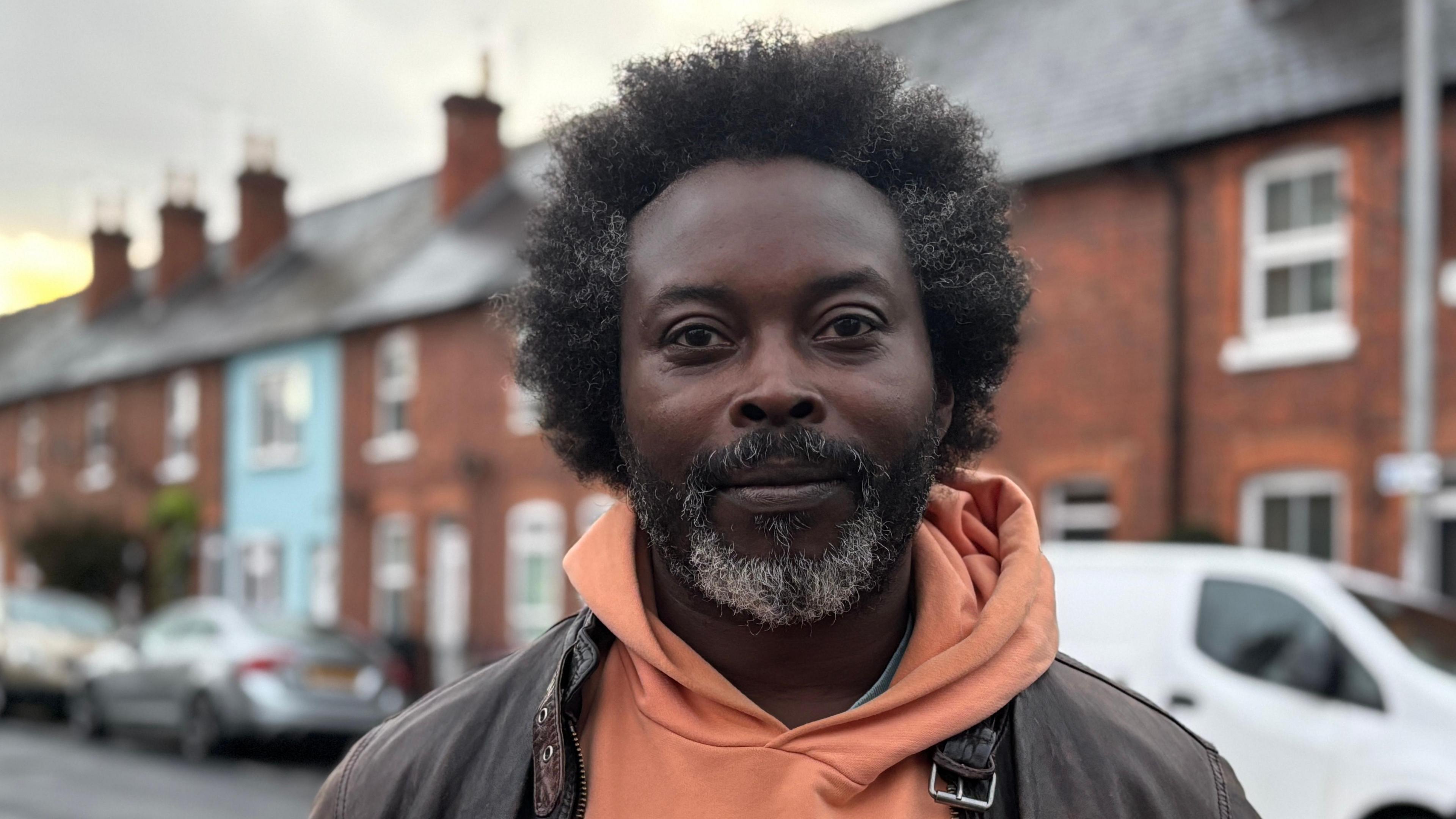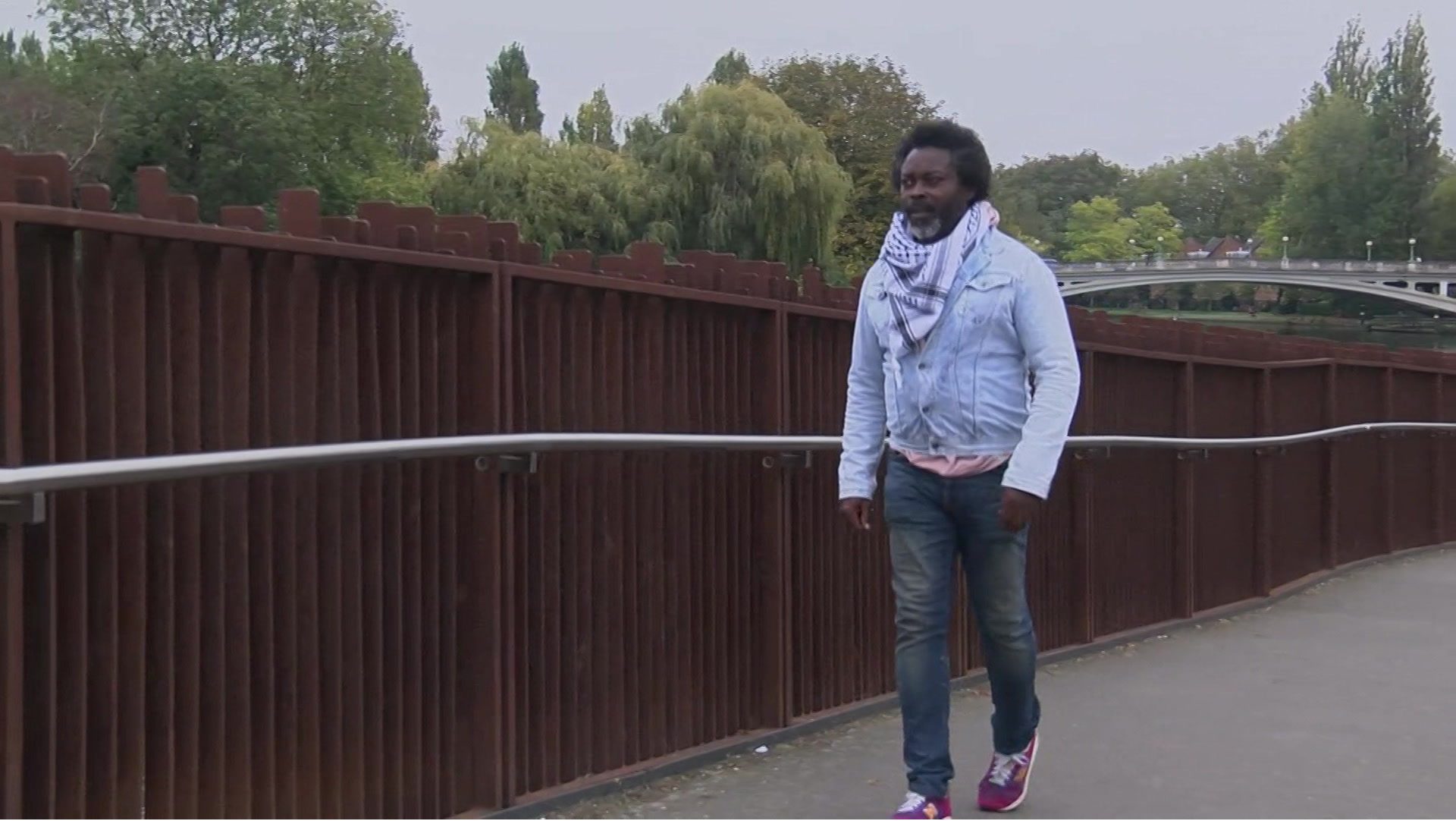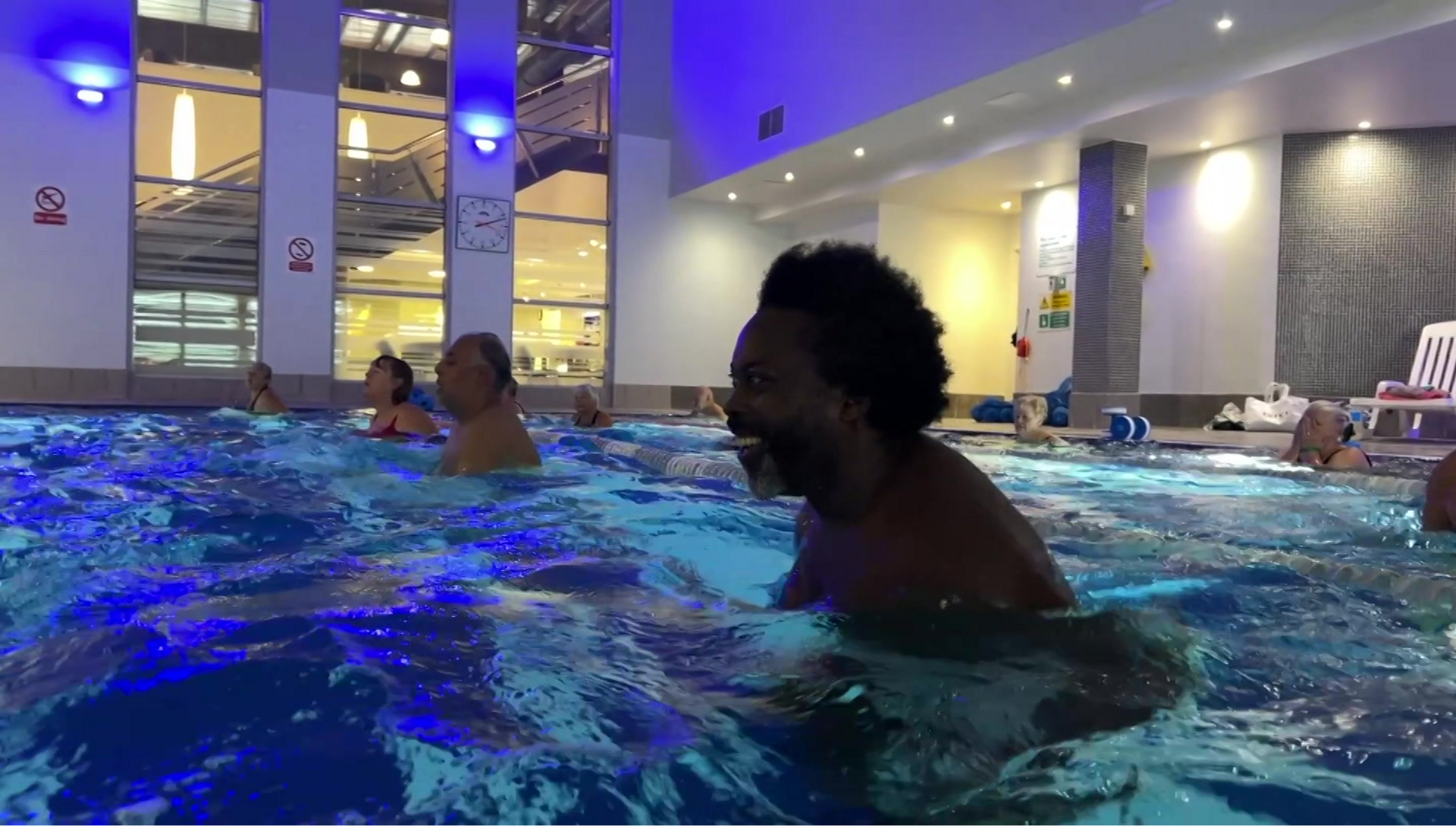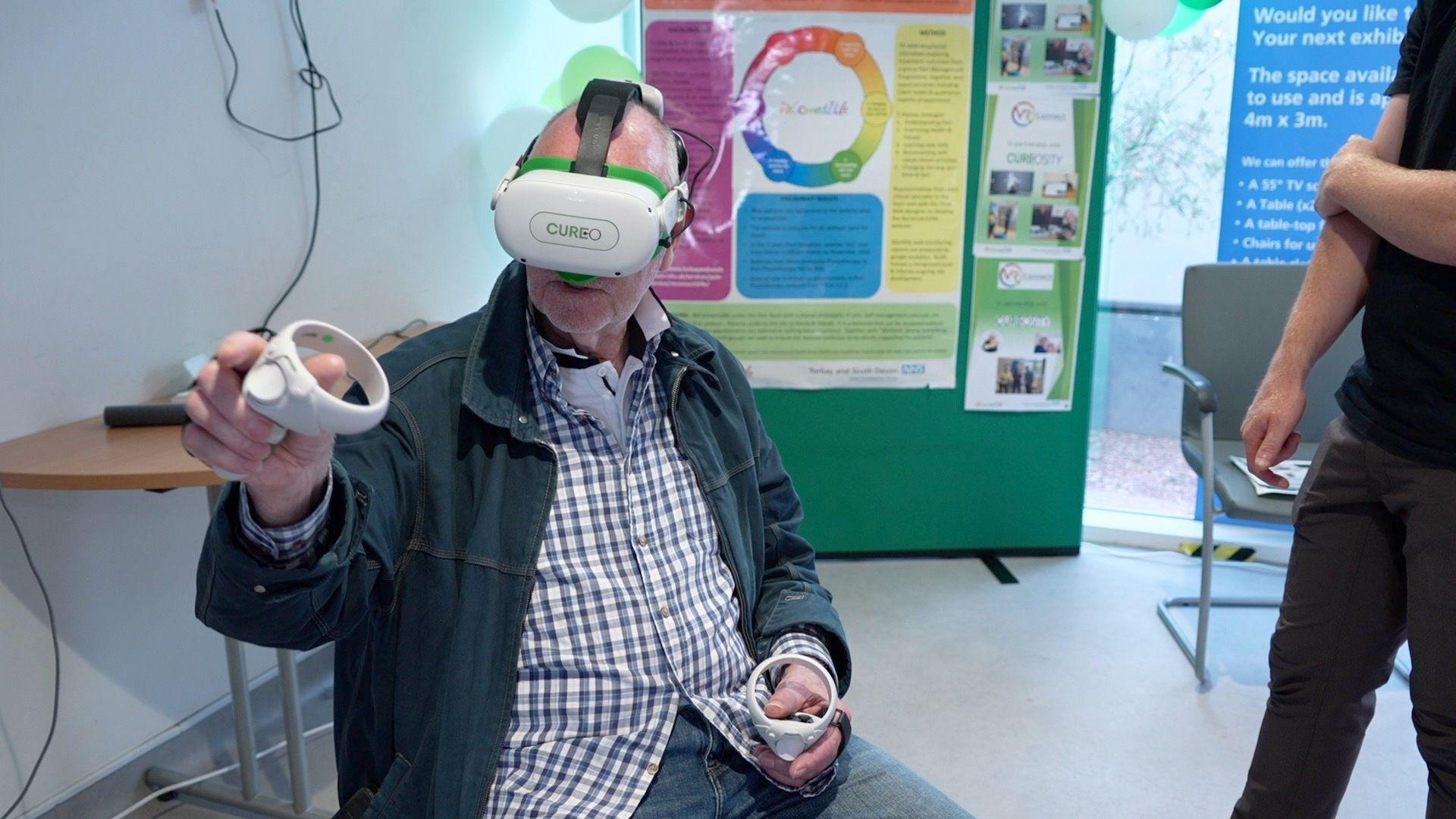'I know my struggles but people make assumptions'

Alvan Whittaker has had a pacemaker defibrillator fitted
- Published
At first glance, Alvan Whittaker appears to be perfectly healthy, but he lives with a hidden disability that causes him constant pain.
Adult-onset Still's Disease is a rare form of inflammatory arthritis, which affects every joint in his body, causing them to deteriorate over time. He's had both hips replaced, one of them twice.
It has also damaged his heart and a pacemaker defibrillator now keeps it beating.
But it comes at a cost - staying alive means he's living with an increased level of pain.
"Any of the medication that's designed to help with a flare or higher levels of inflammation within the body unfortunately have a risk to the heart.
"So, because my heart is so damaged and because I'm in such a vulnerable position, I am significantly limited for what I can and can't have."
More news from Berkshire
Shopping centres' regeneration plans to go on show
- Published24 October
Balfour Beatty prosecution over worker's death
- Published23 October
Mr Whittaker does get some respite through monthly infusions at Oxford's Nuffield Orthopaedic Centre, where he's been a patient for more than 30 years.
But because he can usually walk short distances unaided, there's another distressing side effect of his condition.
That is the way some people react when he uses the blue badge parking permit he has been entitled to for decades.
"People have left notes on my windscreen to say 'Dear traffic warden, this person is not disabled, please give them a ticket'. I come back to that and that is so demoralising," he said.
"Will I be confronted by a member of the general public? Will I be confronted by a traffic warden? Will I be confronted by a policeman?
"If not that, somebody will say something to me, it's the looks. It's a look and a stare, as if I'm doing something that I don't deserve."

Mr Whittaker says he worries about being approached by people who think he is using his blue badge incorrectly
He added: "I know what my struggles are and I know where my journey has been but because people look and they make that assumption: 'Well, he looks OK, therefore he's using it illegally'."
The 54-year-old from Reading, Berkshire, said he routinely chooses to park further away than he needs to in less busy locations, to help other blue badge users who are unable to walk and to avoid explaining or justifying himself to strangers.
Research from the British Pain Society, Pain UK and others, suggests about eight million adults in the UK report chronic pain that is moderate to severely disabling.

Mr Whittaker attends aqua aerobics classes, which can allay some of his pain
Chronic pain may affect up to 30% of younger adults aged between 18 and 39 and the prevalence in older age groups is higher, with up to 62% aged 75 and older, according to the British Pain Society.
Mr Whittaker said he has found friendship and practical support since attending a pain management course at Reading's Nuffield Health gym.
He now attends aqua aerobics classes and can gently exercise and keep his joints and muscles moving.
"If I'm honest, I would rather not go out. Every day is an extreme level of pain," he said.
"And to try and get someone - to convince them - that you are in pain, because it's on the inside and they don't see it… it's something that people can't really quite comprehend.
"Because you can't see it, it doesn't mean that it's not there."
Get in touch
Do you have a story BBC Berkshire should cover?
See also
- Published11 May 2022

- Published16 July

- Published28 December 2024
